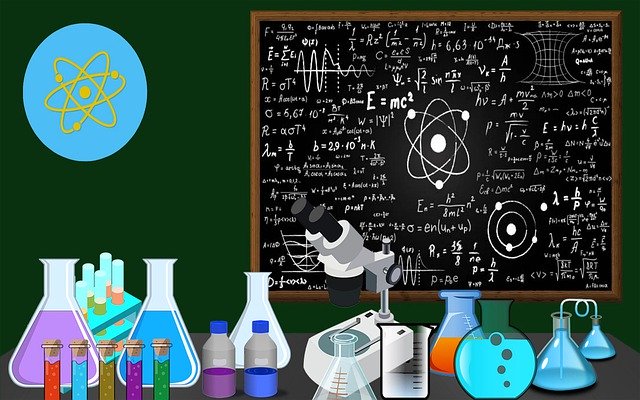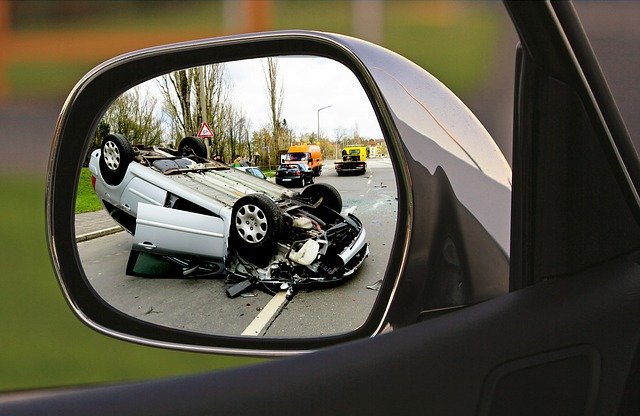 What lies beyond death’s door?
What lies beyond death’s door?
That’s the question that haunts all of us. It is the question that has plagued humanity since the beginning of human existence. Ultimately, it is the question that drives us to seek God.
It is also the question that, once again, challenges us to grapple with the confusion and misdirection that we create with our own language.
“Life after death” is a common phrase in any discussion of faith and the hereafter, but a simple change in our language can make a major difference in how we view life’s final event.
Perhaps “existence” after death is a more accurate term. Perhaps too, we might substitute “transition” in place of death. Now, we can say “life after life.” It might be a bit awkward, but it is a truer expression of what we already know.
We all have that instinct or experience that reveals that there is more than our earthly existence. Perhaps it is a feeling that transcends logic. Perhaps it is a subtle moment when the spirit world and our earthly world gently collide and we catch a glimpse of the reality of continuing existence after the transition.
Many years ago, my wife received an early morning phone call from the hospice center where her grandmother was living out her last days. She was told to come quickly because grandma was in her final stage of dying.
When my wife arrived, she sat quietly in the room, listening to her unconscious grandmother’s shallow, labored breathing. A short time later, her grandmother gave one final exhale, and there was stillness. At that exact moment, a picture that hung on the wall of the room fell to the floor.
It is a moment like that when there is no reasonable, logical explanation when we catch that glimpse of existence beyond the moment of transition. It is a moment like that when we find proof of what we have always hoped for. I like to think that grandma bumped into that picture in her rush to finally gain access to her heavenly reward.
Not all of us will have such a dramatic experience to bolster our faith. It is entirely possible that we miss subtle little hints that pass unnoticed in our busy days.
When we lose a loved one, it might ease our pain if we watch for those subtle signs from beyond. It might come as a hunch or a quiet insight. It might come as a dream or a flash of inspiration. It might come as a brief glimpse of a face in a crowd or a quiet voice of comfort or encouragement.
Perhaps it is our loved one reaching out to us to ease our pain and to gently guide us in life, because the one thing that passes unscathed through death’s door, the one type of communication breaks through the barrier between worlds is love.
And love is the foundation of life after life.









